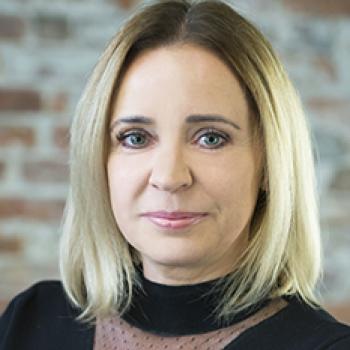Therapy of alcohol-dependent women serving prison sentences in Polish prisons
Addiction therapists emphasize that stopping drinking alcohol is only the beginning of a long road ahead of the person who makes such a decision. Overcoming alcohol addiction should be thought of as a process - a gradual, multi-stage process and multifaceted recovery. Sometimes the decision to change one's life, starting first with not drinking alcohol, matures slowly, gradually, and sometimes it is triggered by a single event that strongly moves a person. We are dealing with a special situation in the case of women addicted to alcohol, serving prison sentences and undergoing addiction therapy in prison. Udergoing addiction treatment for alcohol addicts is generally voluntary, but if they do not consent, Polish law allows treatment to be administered against the will of a convicted woman staying in prison. This is regulated by relevant provisions, including Art. 117, Executive Penal Code. Therapeutic work with a patient from the therapeutic department involves, among other things, teaching the convict to perceive the problem of addiction as a consequence of an event, but also as a cause, e.g. of conviction of family conflicts. It is important for her to notice that this problem can be controlled and stop dominating her life. A stay in a therapeutic ward is an opportunity to look at your life with the support of a specialist - an addiction therapist, as well as to use the time of isolation in a constructive way, creating the foundation for a new, healthy life.
Methods: furvey for convicted women, interview with addiction therapists, document analysis.
The aim of the topic will be to present the specifics of dealing with alcohol - dependent women staying in therapeutic units Polish prisons. The results of research conducted with addicted women at various stages of their therapy, as well as with therapists working in these departments, will be presented. Problems arising during therapy and proposals for changes in the therapy system will also be characterized.
